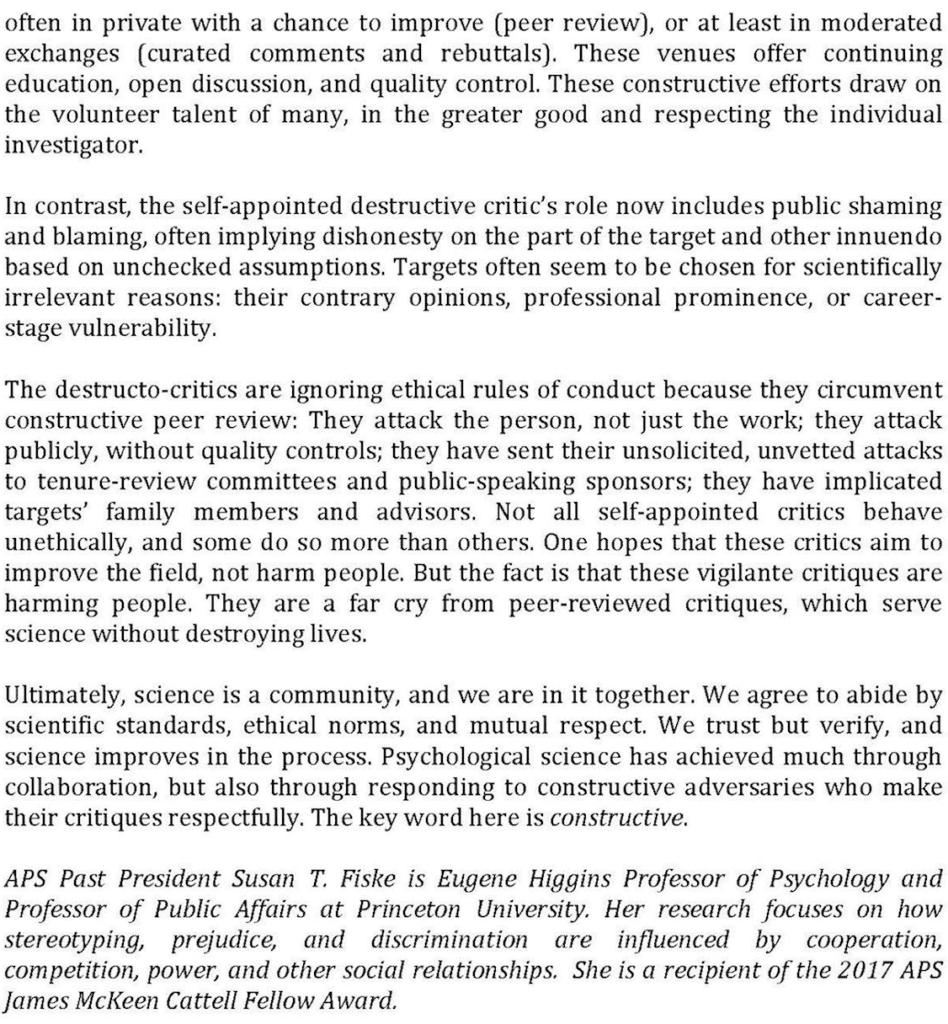Types Of Causal Arguments - Rowan Counterintuitive
In the post for Assignment P05: Causal Argument, I’ve provided several examples of specific recommendations you might find helpful in crafting Causal Arguments for your research topics. The premise is that something supposedly personal, about which our employers should have nothing to say, is nevertheless available to our employers, and to prospective employers, if we make it so. What needs to be proved is https://essayfreelancewriters.com/blog/list-causal-essay-topics-write/ about our non-work lives, or information we post to Facebook about our work lives, can keep us from getting a job, from advancing in a job, or from keeping a job. You may say that sounds illegal or unethical, but your objection is irrelevant to the causal argument. You could examine how different professions handle social media differently (for example kindergarten teachers might be fired for indiscretions that wouldn’t cost an insurance agent her job), because your topic is still what costs the teacher and the agent their jobs.
You could argue that free speech should be protected if it’s true, and nobody should be fired for saying his boss cheats on his wife, but your objection is irrelevant unless there really are certain types of speech for which we can’t be fired and types for which we can (X causes Z, but Y does not cause Z). The premise is that the War on Drugs has been counterproductive, subjecting the nation to increased drug use and drug-related death. What needs to be proved is that government interference in drug production and distribution creates crime, interrupts quality control, causes disease, and kills users, traffickers, and innocent bystanders of the illicit drug trade. You could argue that the prohibition of certain desirable substances leads inevitably to a frenzied underground and by definition criminal enterprise to meet the demand. You could argue that criminals aren’t always scrupulous about the quality of the contraband they deliver and that their product often harms or kills. You could point out the countless people languishing in jails for owning small amounts of something that used to be legal.
You might want to mention that drug use, even sanctioned use of safe prescription drugs, can be very detrimental in and of itself, but your comments would be completely irrelevant to the causal argument. You might also want to say that drug dealers get what’s coming to them when they deal in illicit materials and it’s wrong to blame cops for killing them, but again, that’s irrelevant to the question of whether the War on Drugs results in death. The premise is usually employed to refute the “common knowledge” that a single cause can be blamed for an effect. If you’ve chosen a topic about which everybody “knows” the cause and effect, your causal essay will dispute the notion that there is in fact a single cause. You could produce evidence that gangs are more prevalent in public housing projects than in suburban neighborhoods, but with special care. You still won’t have identified the cause, only the location of the cause.
You could describe gangs as often engaged in petty criminal activity or as pointlessly obsessed with territorial disputes, but it’s completely irrelevant to your causal argument to describe what happens after a kid is in the gang when you intend to prove why he joined it in the first place. The premise is that rape occurs because it’s tolerated and that every resulting rape reinforces the sense that it will be tolerated. Rapes of female students on college campuses are routinely reported to campus authorities, not local police, and are kept from local law enforcement to protect the reputation of the school at the expense of the rights of the victim. What needs to be proved is that the rapes are in fact kept secret, that the assailants escape justice, and that there is local awareness that sexual assaults are not prosecuted or punished. You might want to investigate how it came to be that colleges got jurisdiction for sexual assaults on campus, but it’s probably irrelevant, unless you can demonstrate that they did so deliberately in order to keep assaults secret.
This has been created by Essay Freelance Writers!
You might want to explain what you think are contributing causes, such as the loss of bonuses or jobs for administrators on whose watch the public learned of campus rapes. You would need to argue that somehow, even though the outside world never hears of these rapes, students on campus learn that assault victims are not believed or supported and that assailants are not punished. This is essential to the chain. You could make a suggestion that if victims of rape refused to be “handled” by honor boards and campus judiciaries and took their cases to the local prosecutors instead they could break the chain. Arguing how to break the chain is a confirmation of why the chain continues. The premise of this causation fallacy argument is nobody has yet proved a causal link between a steady diet of violent video games and actual physical violence in the lives of the gamers. You might be tempted to demonstrate that gamers are actually sweethearts who join the Boy Scouts and help old ladies across the street without knocking them down, but you don’t have to. You merely want to prove that they’re no more violent than players of other games.
